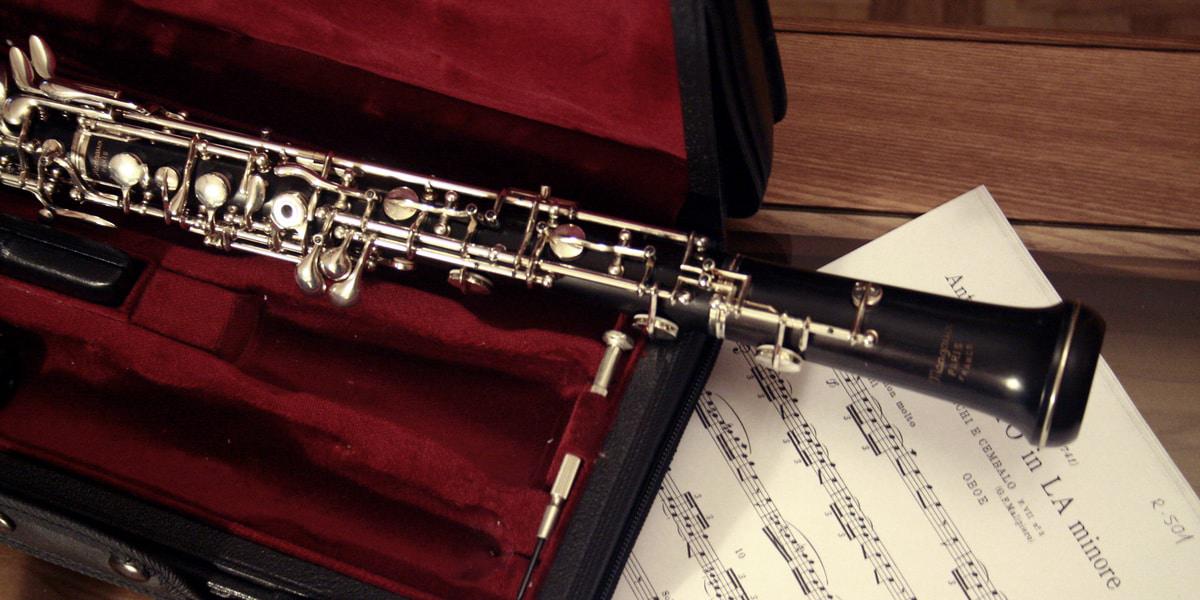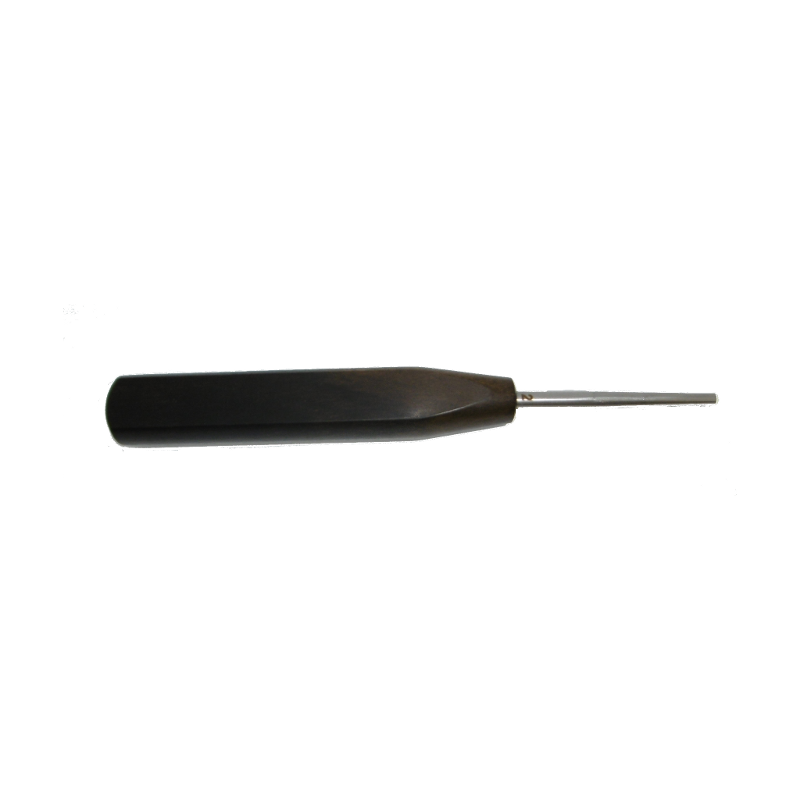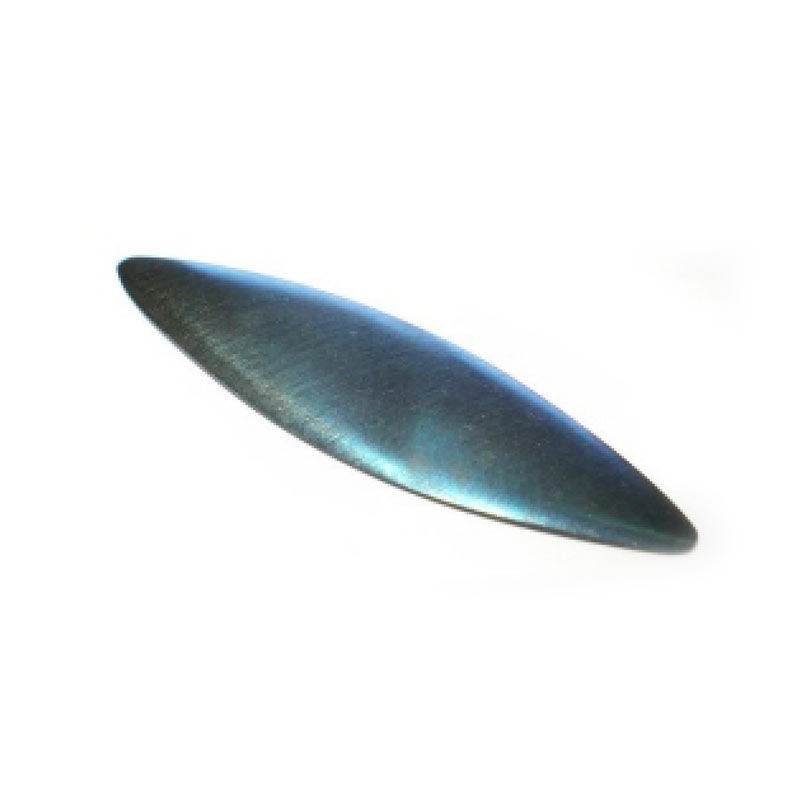So you or your student wants to learn how to make oboe reeds - how exciting! There are a few things that you should know before you embark on this journey, including all of the tools you'll need in your beginning oboe reed-making kit.
Number one, you should never start oboe reed making alone. You will be working with sharp materials, so it is imperative that you learn how to use them safely.
Number two, you need to watch professionals. This could be a private instructor, or it might involve reaching out to someone in your area that has experience making reeds. Watching professionals is important so that you learn how to make reeds in both a safe and correct manner.
That being said, there are also many reputable sources online that are at your disposal. Remember that rule that you learned in school? Wikipedia is not a reputable source! That rule still applies to reed-making and is arguably more important in this setting - you are handling sharp tools!
There are many Instagram and Facebook accounts that are run by university oboe professors, which are wonderful resources.
One of my favorite accounts on both Instagram and Facebook is thinthetip which is run by Lindabeth Binkley who teaches at the University of Central Michigan. She also has her own website that is chock-full of reed-making information.
There are also some youtube channels that are dedicated to reed-making for beginners. I have found that “Something to Crow About” and “Oboe Files” are great resources for the beginning reed-maker.
The last thing that is important to say before I tell you what you need in your reed-making kit is that you won’t be good for the first thousand reeds you make. If you make that your expectation, you will set yourself up for optimal learning and significantly less frustration.
Reed making is both an art and a science - it takes time to develop these skills. Be patient with yourself.
With all that being said, let’s move into what you need in your reed-making kit.
What You Need in Your Reed-Making Kit
Shaped Cane
As a beginner, you will want to buy pieces of shaped cane specifically. There are many types of cane that you can get such as tubed and gouged, but as a beginner, all that matters is that you receive it shaped for you.
I would suggest getting the least expensive cane there is - you are going to ruin many pieces of cane before you get the hang of reed making. There are places that you can buy practice cane - oboeduck.com sells practice cane that is less expensive and intended for use by beginners.
I will say, ruining pieces of cane is not a bad thing! The only way to get better at reed-making is trying and making mistakes - I say this from personal experience.
Oboe Staples
Oboe staples are not the same thing as what binds pieces of paper together, so you definitely want to put the word oboe in front of staple when you are searching for this item.
Staples are the piece of cork at the bottom of your reed that actually goes into the oboe.
Without cane on the staple, it has a metal part sticking up - that is what you will tie your cane onto when you are making a reed.
The standard length for a staple is 47mm in the United States. There are many materials that staples come in, such as brass, nickel-silver, etc. At the beginning stages of reed-making, there won’t really be a difference - I would go with a less expensive option. Again, all that matters is that you get the materials in your hands.
FF Nylon Thread
This seems very specific, I know. It is actually extremely important that you get FF Nylon thread to use for reed-making. There is a lot of tension involved with making a good, playable reed, so you need a thread that will withstand a great deal of tension without snapping.
There are many different places that you can get thread for reed-making - the only important thing about the type of thread that you buy is what I already stated above.
One place that you could buy reed thread from an Etsy shop called Squirrelly Stash. The thread is multi-colored, which just makes the reed-making process a whole lot more fun - this is definitely not a necessity though!
Mandrel
A mandrel is used during the tie-on process of reed making as well. The mandrel itself is a piece of metal that then typically has a wooden handle.
An oboe staple is placed on the top of the mandrel, with the top of the staple sitting flush against the top of the mandrel.
The purpose of the mandrel is to keep the shape of the staple during the tie-on process. Again, there is a great deal of tension while tying on a reed, so a mandrel is an integral part of keeping your supplies in good shape.
Beeswax
Beeswax is used during the tie-on process of reed making. It helps the thread get a better grip, and helps to create a tighter seal which is very important if you want a reed to make a sound!
Ruler
A ruler is an essential part of any reed making kit. In order to be precise, every reed maker needs to have a ruler in their kit.
Most reed measurements are discussed using the metric system, so having a ruler in millimeters is ideal for reed making. There are rulers designed specifically for reed making, but any ruler in millimeters will do.
Cutting block
A cutting block is a small circular piece of wood that is used for when you clip the tip of the reed. This is used when after you have tied on a reed and gets continued use as you are finishing scraping on a reed.
Razor Blades
Razor blades are used in conjunction with the cutting block to clip open the tip of your oboe reed, and to make your reed shorter during the finishing process.
Plaque
A plaque is a thin piece of metal that is rounded at either end. A plaque is used after the reed is clipped open, when you want to work on either blade of cane.
The plaque is put in between the two blades so that you can work precisely on one blade at a time while still preserving the one you are not working on.
Knife
The most important part of any reed making kit is a sharp knife. In reality, that is the secret to being a successful reed maker - having a sharp knife at all times.
There are many types of reed-making knives that you could get. I would suggest getting a straight knife for your first one. It must be said that there are both left and right-hand models for knives, so choose a knife that fits what you are most comfortable with.
Sharpening Stone
As the name suggests, a sharpening stone is a stone that is used to sharpen your knife. Again, the secret to being a successful reed maker is having a sharp knife!
Complete Reed-Making Kits
There are places that you can buy beginning reed making kits, such as Midwest Musical Imports and stores of the like. Those are great options for the beginning reed-maker, just make sure that the items listed above are in the kit, or that you supplement the kit with items that are missing.
Investing in Your Future
Looking at all of the items listed above may look overwhelming, especially for your wallet.
Reed making is an investment in you or your student’s future.
If you look at the price of an individual oboe reed, the cost really adds up depending on how many hours a week you play the instrument. Investing in reed making supplies is a wise way to cut down costs of reeds in the future.
Last Thoughts
Now that you have some information on reed making and some good resources, I will leave you with one last thought.
Be patient while tackling this new endeavor. Reed making can be frustrating, especially when things don’t progress in the time frame you had hoped for.
Do your research, be kind to yourself, and enjoy learning about this whole new side of playing the oboe.






